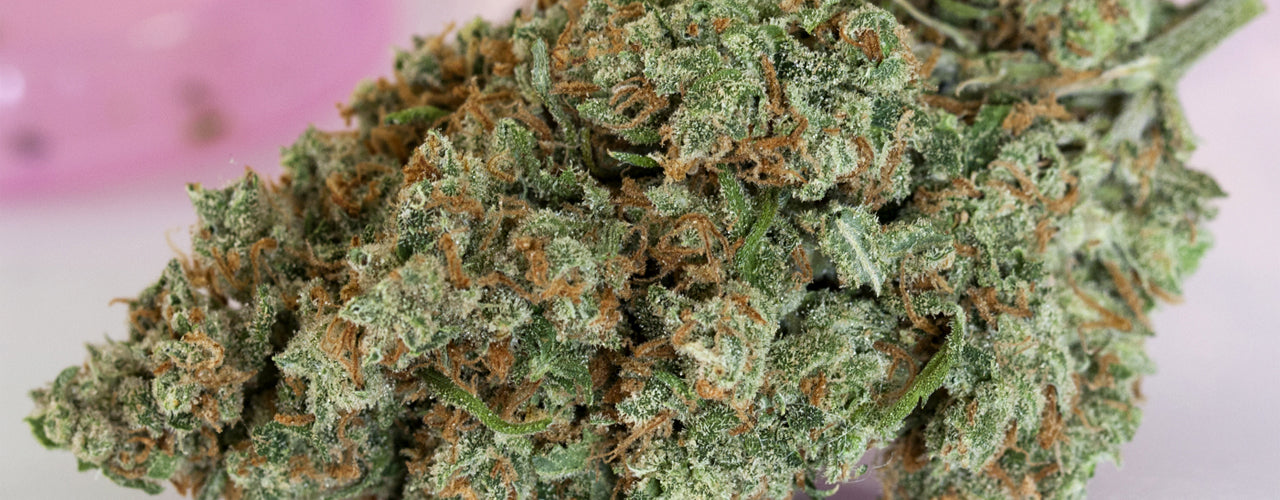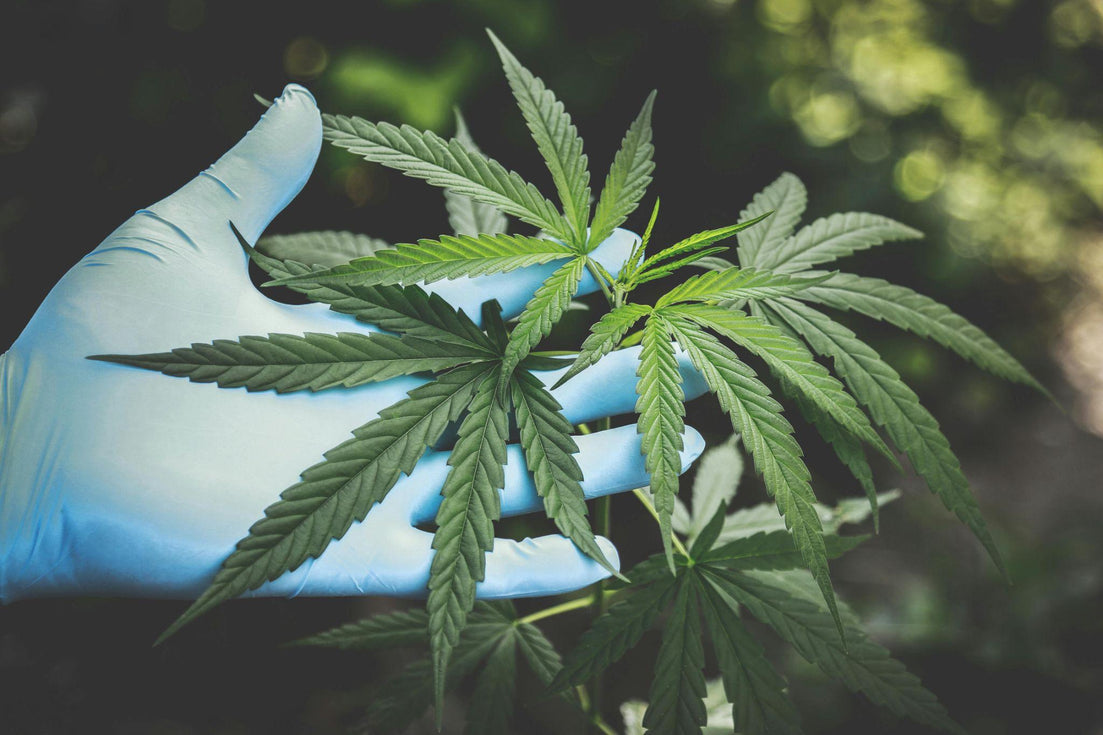Your cart is currently empty.

Diabetes plagues a large number of people all over the world. In the US alone, it's estimated that 48.3 million people will be affected by diabetes by 2050. This number is astronomical compared to the estimation done in 2012 of 29.1 million.
Diabetes: The Basics

THOSE WITH DIABETES ARE NEED VARIOUS MEDICATIONS AND ATTACHABLE DEVICES TO HELP TREAT AND STABILIZE THEIR CONDITION. PHOTO BY @WEARINGDABBEE
Insulin
Insulin is a hormone that helps to regulate blood glucose levels. After a meal, Beta cells in the pancreas release insulin into the bloodstream when sugar levels are high. Insulin is responsible for signaling to the cells of the body to store these sugars for later or use them now for energy.
Type 1 Diabetes
Type 1 diabetes is associated with a lack of insulin production due to auto-immunity. The Beta cells in the pancreas are targeted by the immune system by mistake and killed. Insulin production then becomes extremely low or even non-existent, causing sugars to build up in the system. This type of diabetes is most commonly developed during adolescence or childhood, but it can develop in adults, however rare. It requires lifelong insulin therapy and can be helped by a proper diet.
Type 2 Diabetes
Type 2 diabetes can be caused by one of two factors: the Beta cells of the pancreas do not make enough insulin to properly store excess sugars, or the cells of the body are insensitive to insulin. In both cases, there is a buildup of sugars in the bloodstream, but none of it can be used by the cells for energy.

PHOTO COURTESY OF @REPORTERESPECIAL
Type 2 diabetes is the most common form of diabetes and tends to worsen with time. Proper exercise, a controlled diet, and medication done in conjunction are the optimal treatments.
Symptoms
The following symptoms of diabetes are associated with both types of diabetes and range from mild to severe:
- Frequent urination
- Frequent hunger
- Fatigue
- Frequent thirst
- Vision impairment
- Slow healing bruises and wounds
- Numbness in the hands and feet, associated with Type 2 diabetes
- Weight loss associated with Type 1
If left untreated, these symptoms can take a nasty turn, developing into more serious complications like the following:
- Skin disorders and infection
- Neuropathy caused by nerve damage
- Diabetic retinopathy, which can result in cataracts and glaucoma
- Cardiovascular problems

PHOTO BY @BEYZ_TIP1_
These are just a few of the many main complications that could occur from untreated diabetes. There is currently nothing available on the market that could reverse the damage, especially on the neural level.
Marijuana and Diabetes
While we already know quite a bit about the potential of marijuana as a treatment for several nervous disorders, little research has been done on the relationship between metabolic processes of the body and marijuana. Currently, the opinions on diabetes and marijuana are biased but the research is promising.
Current Research
Research on medical marijuana as a treatment for diabetes in humans is still on the risky side, due to our current lack of understanding involving this complex disease. However, animal studies have been conducted and have lead to a new understanding.
Lower Diabetes Incidence
One study examined the effects of marijuana use on insulin and glucose levels in an effort to determine if there could be a positive correlation between marijuana and diabetes, as the influence of the drug on metabolic functions remains a mystery.

MARIJUANA COULD BE THE ANSWER FOR AN ALL-NATURAL DIABETES TREATMENT. PHOTO BY @MUSHROOM_SUNDAE
In this study, 579 participants out of the 4,657 were current marijuana users that showed a lower prevalence of diabetes than their non-smoking counterparts. Current users showed 16% lower levels of fasting insulin and 17% lower insulin resistance.
The marijuana users of the study were also found to have a lower waist circumference than the non-users and increased levels of 'good cholesterol.'
Another study was conducted on diabetic mice in order to determine the effects of CBD on the incidence of diabetes. Researchers demonstrated the potential of CBD to reduce the occurrence and delay the onset of Type 1 diabetes. They determined that CBD has potential anti-autoimmune properties that require further examination.

PHOTO COURTESY OF @MYLESIVARY
Researchers have found the study of full-spectrum marijuana and diabetes is much more promising than that of CBD. While CBD is also a non-specific immunosuppressant, it was found to promote a protective immune response by immunomodulation in diabetic mice. This would allow the use of CBD in early-onset patients just long enough to deviate the destructive autoimmune response to a protective one.
Insulin-forming Beta cells were found to be saved from destruction, which allowed for proper metabolism to occur. The cannabis derivatives would no longer be necessary once the immune response has been reversed.
The Reversal of Neuropathy
One of the worst complications of diabetes is Diabetic Neuropathy. 20% of the diabetic population is affected by this peripheral nerve dysfunction. There are currently several treatments available for this neuropathy, but none are sufficient in preventing it. Opioids and anticonvulsants have plateaued at about 50% efficacy in pain reduction and, unfortunately, are associated with a wide range of harsh and severe side effects.

PHOTO COURTESY OF @LOHADAMC
There are two main cannabinoid receptors that are responsible for pain modulation: CB1 and CB2. CB1 has been found to be closely associated with pain in the nervous system while CB2 is found in the tissues of the immune system. Synthetic and natural cannabinoids have shown efficacy in treating the pain caused by neuropathy.
In a recent study conducted on mice, a correlation was found between marijuana and diabetes that was groundbreaking. eCBD, the combination of CBD and THC administered to the diabetic mice, worked to restore the thermal pain perception in the paws of the rats and significantly increase their impaired mechanical force.
Diabetes has been known to increase tissue damage in the liver by destroying the antioxidant scavenger system of the organ. Close examination of the eCBD-treated rat livers showed a reversal of this oxidative stress-induced damage by restoring the defense mechanism of the organ.
Cardiovascular Complications
Diabetic patients often show symptoms of defective clot dissolution and thrombosis leading to macrovascular disease.

MEDICAL MARIJUANA FOR DIABETES COULD BE ON THE HORIZON. @WEEDCULTUR1P
Insulin resistance has been found to disturb coagulation and platelet aggregation as well as increase a series of coagulants in the blood, like thrombin. These impairments of the procoagulant state often lead to hypertension and dangerous blood clots.
In a recent study, they found that CBD alone did not have any effects on thrombin activity in mice, but that THC combined with CBN showed inhibitory effects.
Going Forward
While the studies involving marijuana and diabetes are still in their early stages, the animal research being conducted looks extremely promising. Though the metabolic implications are less understood, the findings of recent research are very promising and indicate the potential to decrease diabetes incidence, reversal neuropathy, and decreased cardiovascular complications, opening the door to a wide world of possibilities.



